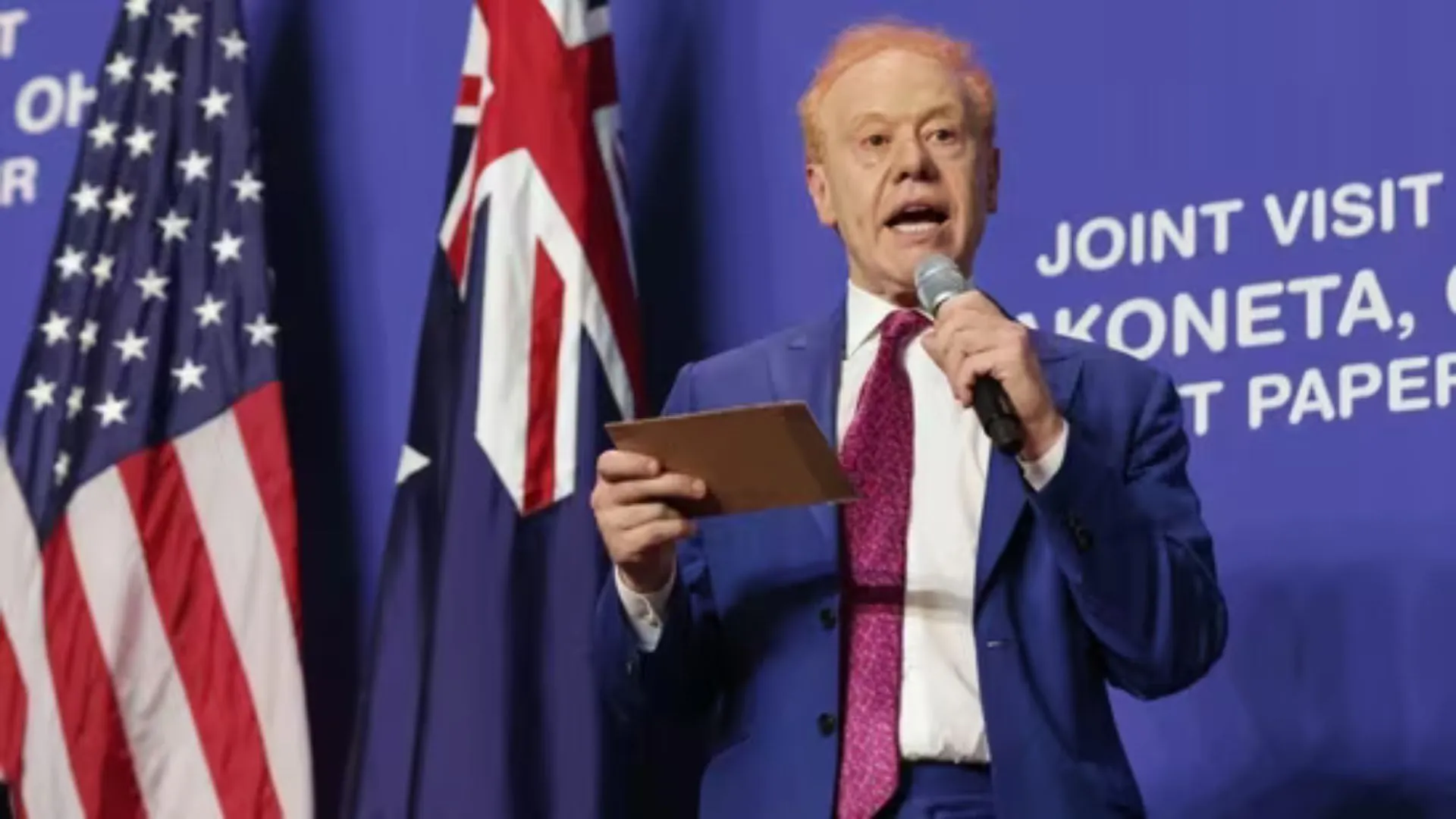In a strongly worded statement on Monday, senior Congress leader Shashi Tharoor raised a thought-provoking question about whether Delhi should remain India’s capital, as the city grapples with hazardous levels of air pollution. The Delhi-NCR region has been enveloped in a thick blanket of toxic smog, pushing the Air Quality Index (AQI) to alarming levels far exceeding the World Health Organization’s recommended daily maximum.
Delhi’s Toxic Smog Levels Surge
The city’s AQI has soared to over 60 times the safe limit, causing a public health emergency. According to the System of Air Quality and Weather Forecasting and Research (SAFAR), the AQI hit a staggering 494 at 6 am, entering the “severe-plus” category. These levels are among the worst recorded this season, exacerbated by “unfavourable” weather conditions. Authorities have responded by switching schools to online classes and implementing strict pollution control measures.
HAVE A LOOK AT THE VIRAL POST:
Delhi is officially the most polluted city in the world, 4x Hazardous levels and nearly five times as bad as the second most polluted city, Dhaka. It is unconscionable that our government has been witnessing this nightmare for years and does nothing about it. I have run an Air… pic.twitter.com/sLZhfeo722
Related News— Shashi Tharoor (@ShashiTharoor) November 18, 2024
Tharoor Criticizes Government’s Inaction
Tharoor, a Member of Parliament from Kerala, took to social media to express his frustration with the government’s handling of the pollution crisis. He lamented that despite his efforts, including organizing an Air Quality Round Table for experts and stakeholders since 2015, little has changed. “This city is essentially uninhabitable from November to January,” Shashi Tharoor stated, adding that the situation remained unbearable for much of the year. He questioned whether Delhi should continue to serve as the nation’s capital under such dire conditions.
WATCH THE VIRAL VIDEO:
#WATCH | Delhi: Kartavya Path and surrounding areas covered in a layer of smog as air quality in the city remains in ‘Severe’ category, as per Central Pollution Control Board. pic.twitter.com/80mK0nCkBq
— ANI (@ANI) November 19, 2024
Delhi Tops Global Pollution Rankings
Delhi has consistently ranked as one of the world’s most polluted cities, particularly during winter months. Cold air traps smoke, dust, and emissions, including from illegal stubble burning by farmers in neighboring states like Punjab and Haryana. This creates a toxic mixture that severely impacts air quality and public health.
Government’s Response and Stricter Pollution Measures
In response to the worsening smog, the Centre’s air quality panel invoked stricter pollution control measures under Stage 4 of the Graded Response Action Plan (GRAP). The measures include urging vulnerable groups, including children, the elderly, and people with pre-existing health conditions, to stay indoors. The city’s AQI levels are expected to remain dangerously high, with Delhi’s air quality showing no immediate signs of improvement.
The Growing Health Crisis
The current air quality crisis in Delhi is putting immense pressure on public health systems, with respiratory and cardiovascular issues on the rise. The air pollution is taking a toll on residents, forcing the authorities to take extreme measures to safeguard the public.
As the toxic smog continues to choke the city, the question remains: how long can Delhi endure these hazardous air quality levels? Tharoor’s suggestion of reevaluating the capital’s status amid such a public health crisis is likely to spark further debate.














